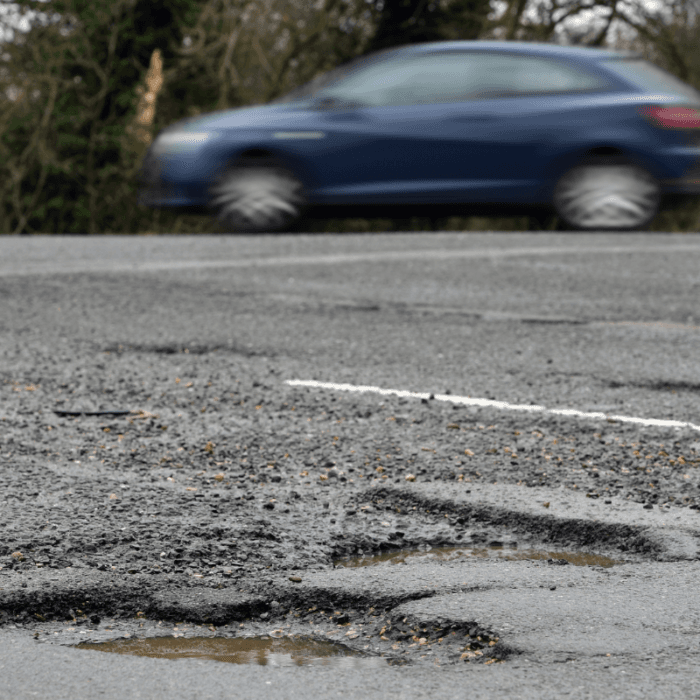The UK’s spending watchdog has refused to sign off on the government’s latest public spending figures because 90 percent of local councils submitted accounts that were not audited or submitted nothing at all.
The National Audit Office (NAO) said on Tuesday that just 43 out of England’s 426 local authorities—10 percent—had submitted reliable data for the Whole of Government Accounts (WGA).
Of the remainder that failed to deliver reliable information, 196 (46 percent) submitted information that had not been audited and 187 (44 percent) submitted nothing.
This means that the NAO had to “disclaim” the WGA for the first time ever.
The auditors said that the reason was owing to a “sever backlog” in English local authority audits, with the consequence being that there was “inadequate assurance over material amounts throughout the WGA.”
‘Not Acceptable’
The spending watchdog says the WGA is a “vital tool” for scrutinising and managing public spending.Gareth Davies, the comptroller and auditor general of the NAO, said that within his whole report, he had been “unable to obtain sufficient, appropriate evidence upon which to form an opinion.”
Davies said: “It is clearly not acceptable that delays in audited accounts for English local authorities have made it impossible for me to provide assurance on the Whole of Government Accounts for 2022–23.
“It is essential that the steps being taken by government to restore timely and robust local authority audited accounts are effective.”
The spending watchdog said that the government was taking steps to address the backlog, including imposing deadlines for when they must be completed.
The NAO admitted that this process is unlikely to result in the disclaimer being removed for 2023–24, but “it does offer a medium-term solution to the problem.”
A Treasury spokesperson said that the WGA “remain a valuable and reliable source of information for a wide range of stakeholders.”
Backlog
In March, the Local Government Association (LGA), which represents local authorities, addressed the ongoing audit backlog, saying that its causes “are multi-faceted and complex and will take time to address.”An LGA spokesperson said on Tuesday that local audit has been “in crisis” for a long time and that it was “pleased that the government has committed to overhauling local audit in the longer term.”
The spokesperson said: “There is an urgent need to restore confidence in the local audit arrangements, restore timely audits permanently, and improve financial reporting.
“This needs to be progressed, with strong involvement from the local government sector, and proposals should not lead to reputational damage for councils as a result of a problem that is not of their making.”
Pressure on Councils
The auditing issues for local authorities come amid other problems being faced by councils, including financial pressures.The CCN said the shortfall is being driven by rising costs in children’s services, adult social care, and school transport for pupils with disabilities and special needs. Combined, these account for 83 percent of the total increase expected to hit councils by 2030.
The group said that without additional funding from central government or there being a radical rethink of councils’ statutory responsibilities, local authorities will have to prioritise funding these statutory services and reduce spend on other vital services for residents, such as buses, libraries, and road maintenance.







